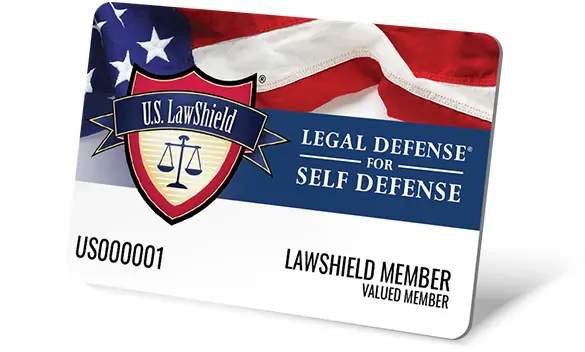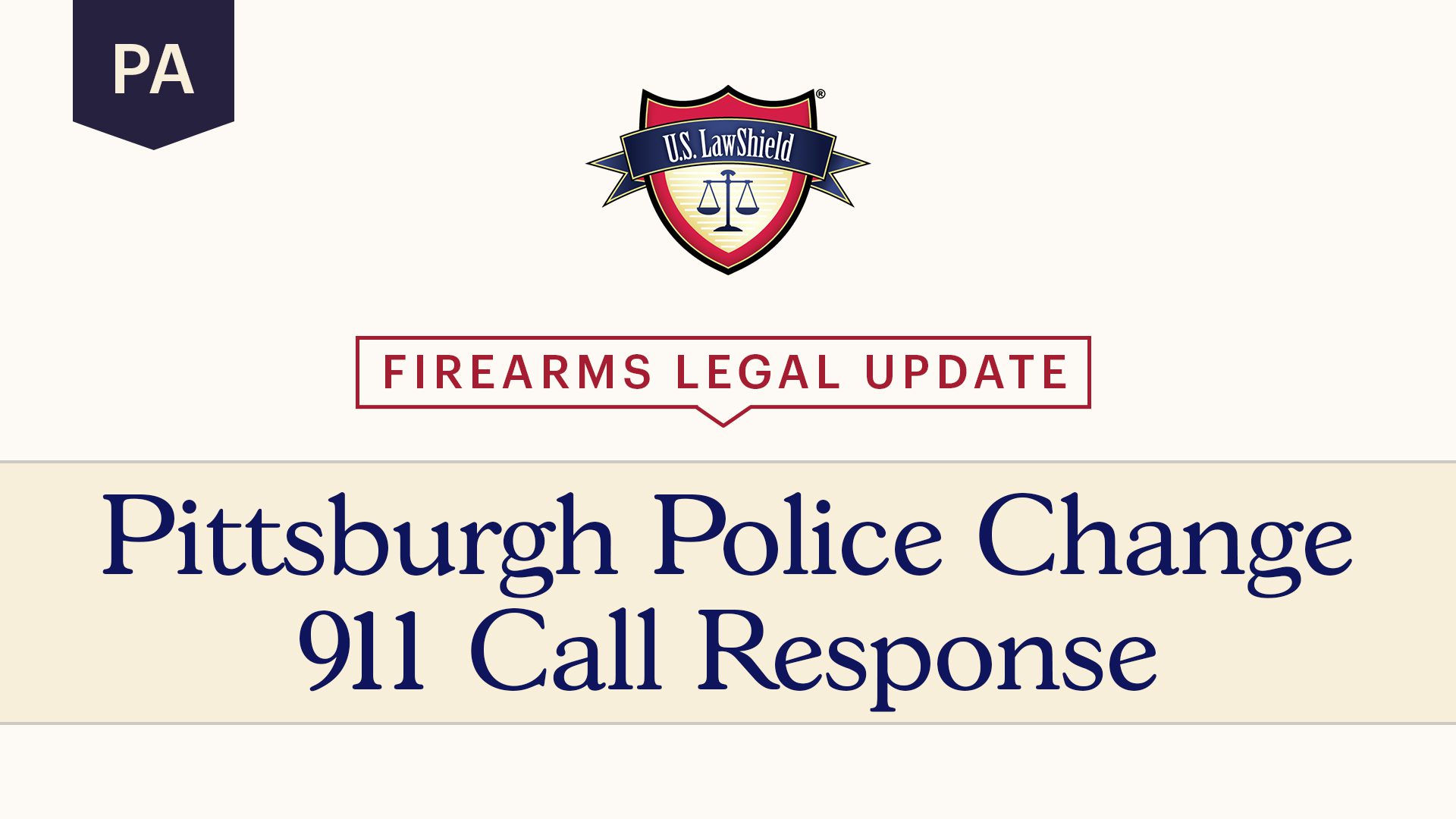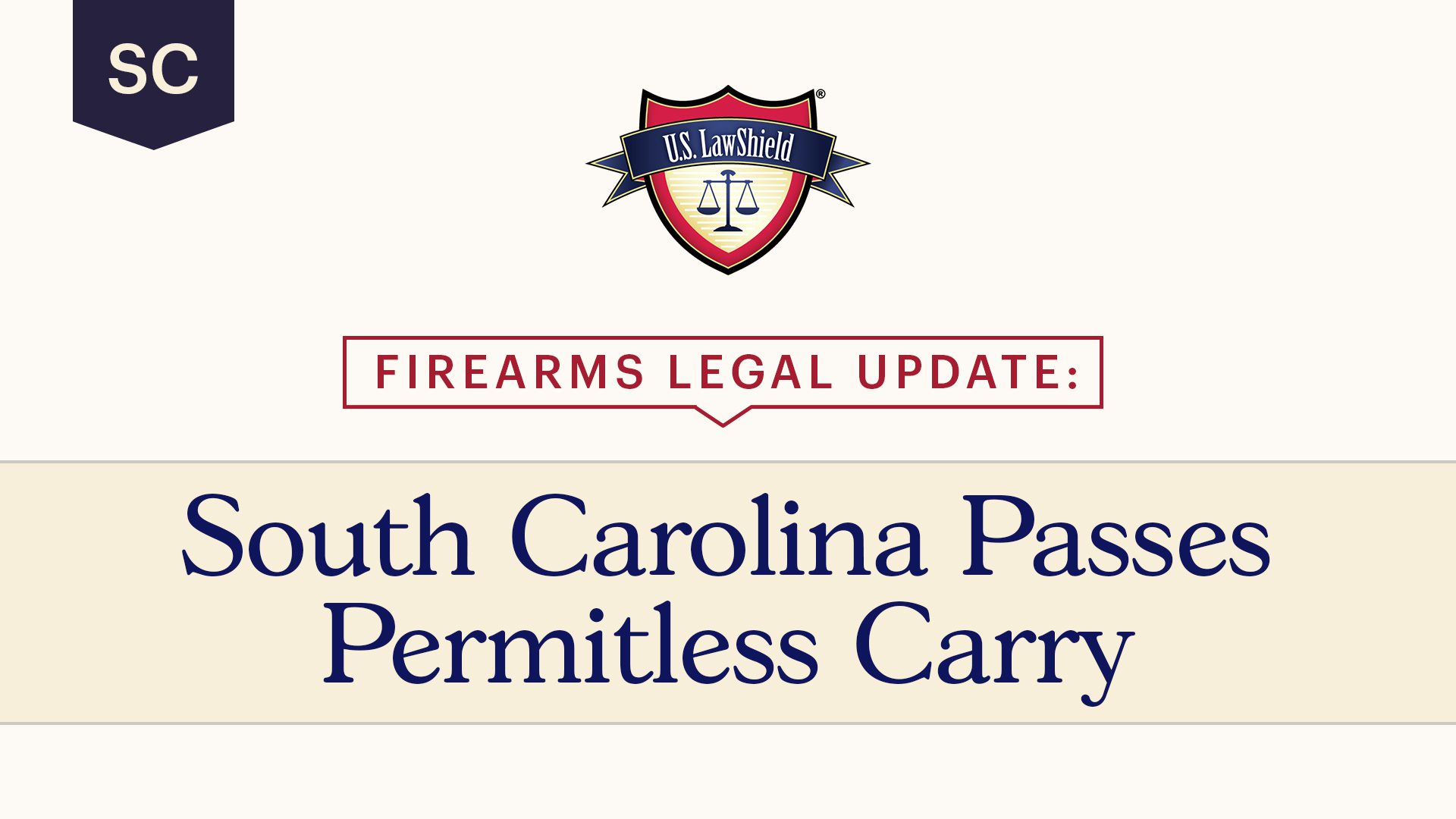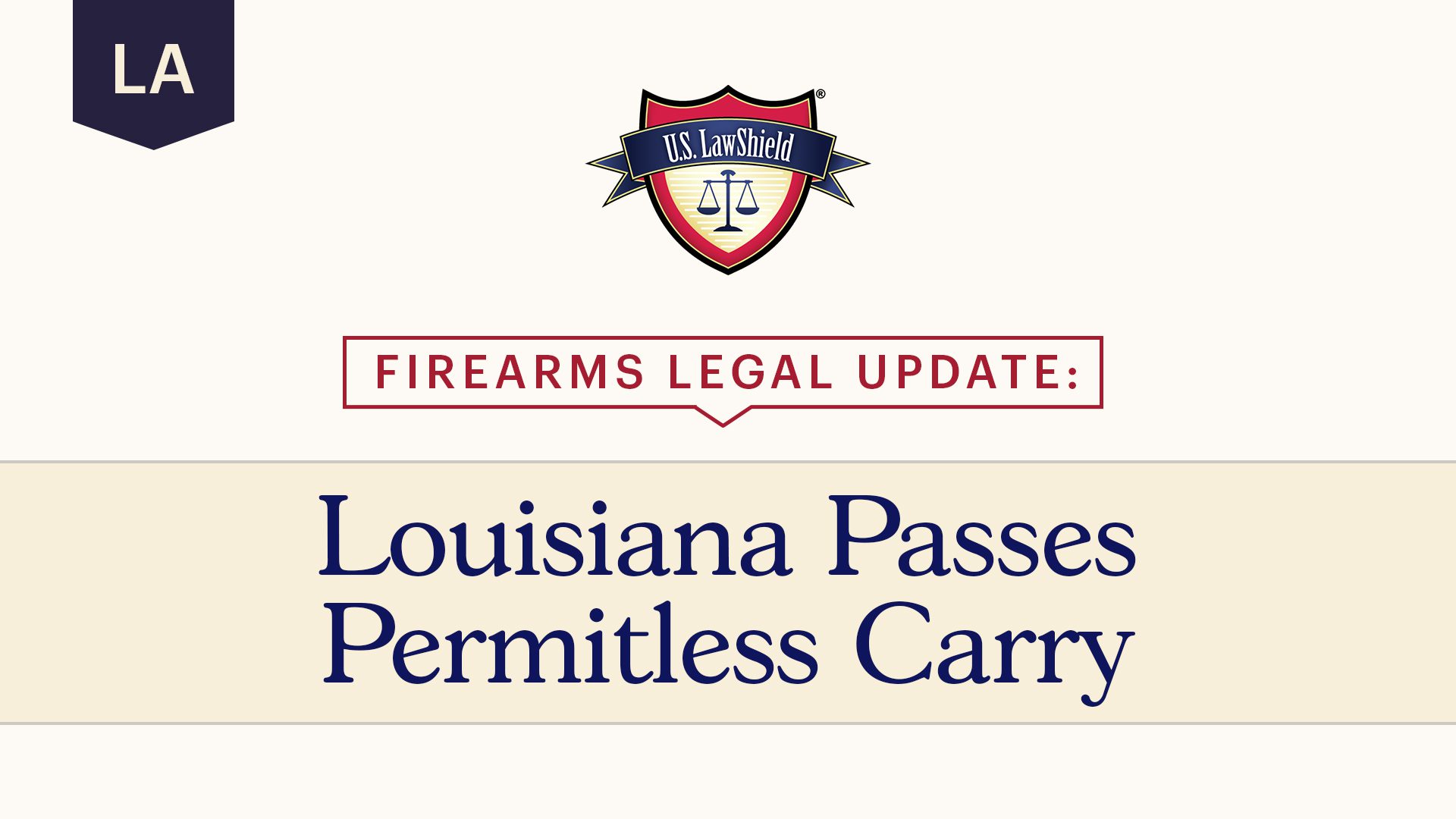Legal Defense For Self Defense®
Educate. Prepare. Protect.™
Your safety is our priority.

Legal Defense For Self Defense®
Educate. Prepare. Protect.™
Your safety is our priority.
How we make you feel safe
- Nationwide network of Independent Program Attorneys (IPAs)
- 24/7/365 emergency access to an attorney-answered hotline
- Legal representation for both criminal and civil cases
- Zero attorneys’ fees for covered events—no limits, caps or deductibles
- Legal updates and State-specific guides
- Unlimited access to our informative resources
- Members get all this, and more, for less than 50 cents a day
How we make you feel safe
- Nationwide network of Independent Program Attorneys (IPAs)
- 24/7/365 emergency access to an attorney-answered hotline
- Legal representation for both criminal and civil cases
- Zero attorneys’ fees for covered events—no limits, caps or deductibles
- Legal updates and State-specific guides
- Unlimited access to our informative resources
- Members get all this, and more, for less than 50 cents a day
What if you were forced to defend yourself?
Find out how U.S. LawShield® helps protect you in your greatest time of need.
Your journey to becoming a responsible self-defender begins here
More than 2 million people served and counting
Learn their stories:
Steve K.
I love the informative literature, articles and books provided by U.S. LawShield. I have accidentally dialed the emergency hotline a couple of times and the U.S. LawShield folks were super understanding. It gives me a great deal of peace of mind that you will be there when needed!
Jorge R.
When I called for help with a road trip, your team was wonderful – very professional and friendly. I felt that I was truly valued as a person and not a number. I received your information very quickly. It was clear and to the point. Thank you for your time, rapid response, and for making me feel like I was part of a family that would have my back.
Billy J.
When I speak to people who are thinking about getting a conceal carry license or who have already gotten one, I strongly suggest that they get U.S LawShield protection. It’s so easy to get jammed up in a situation. Thank you.








